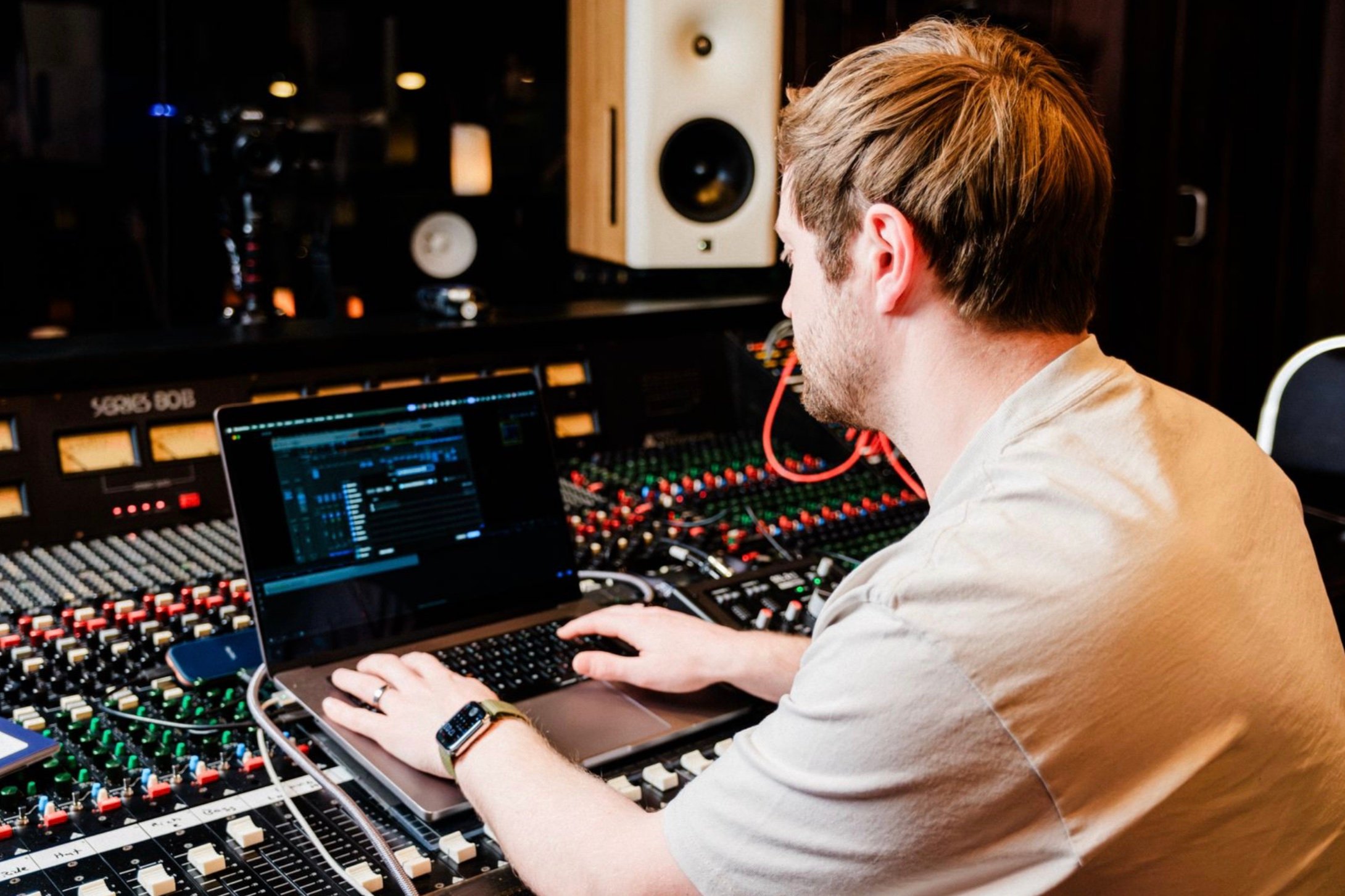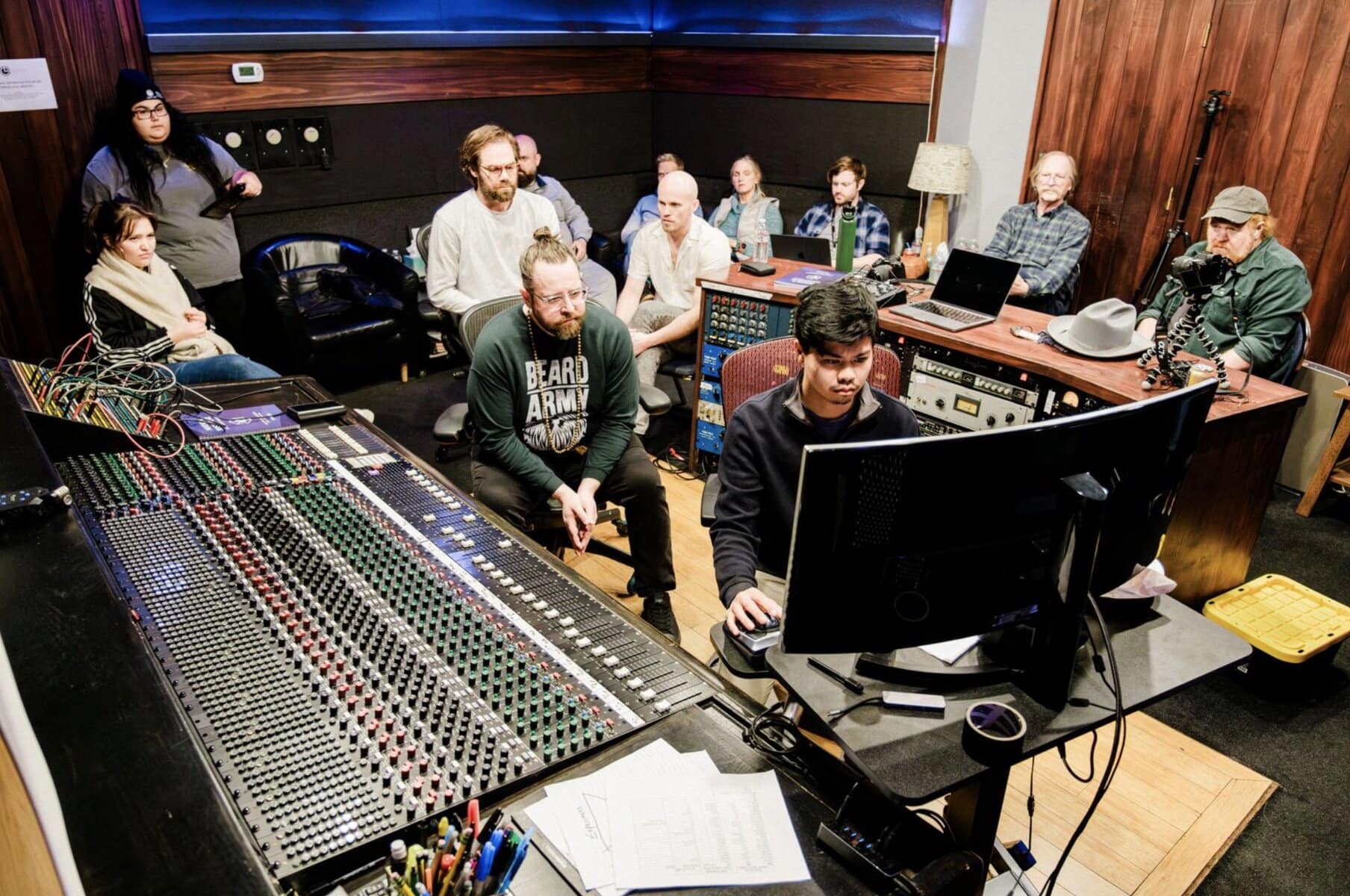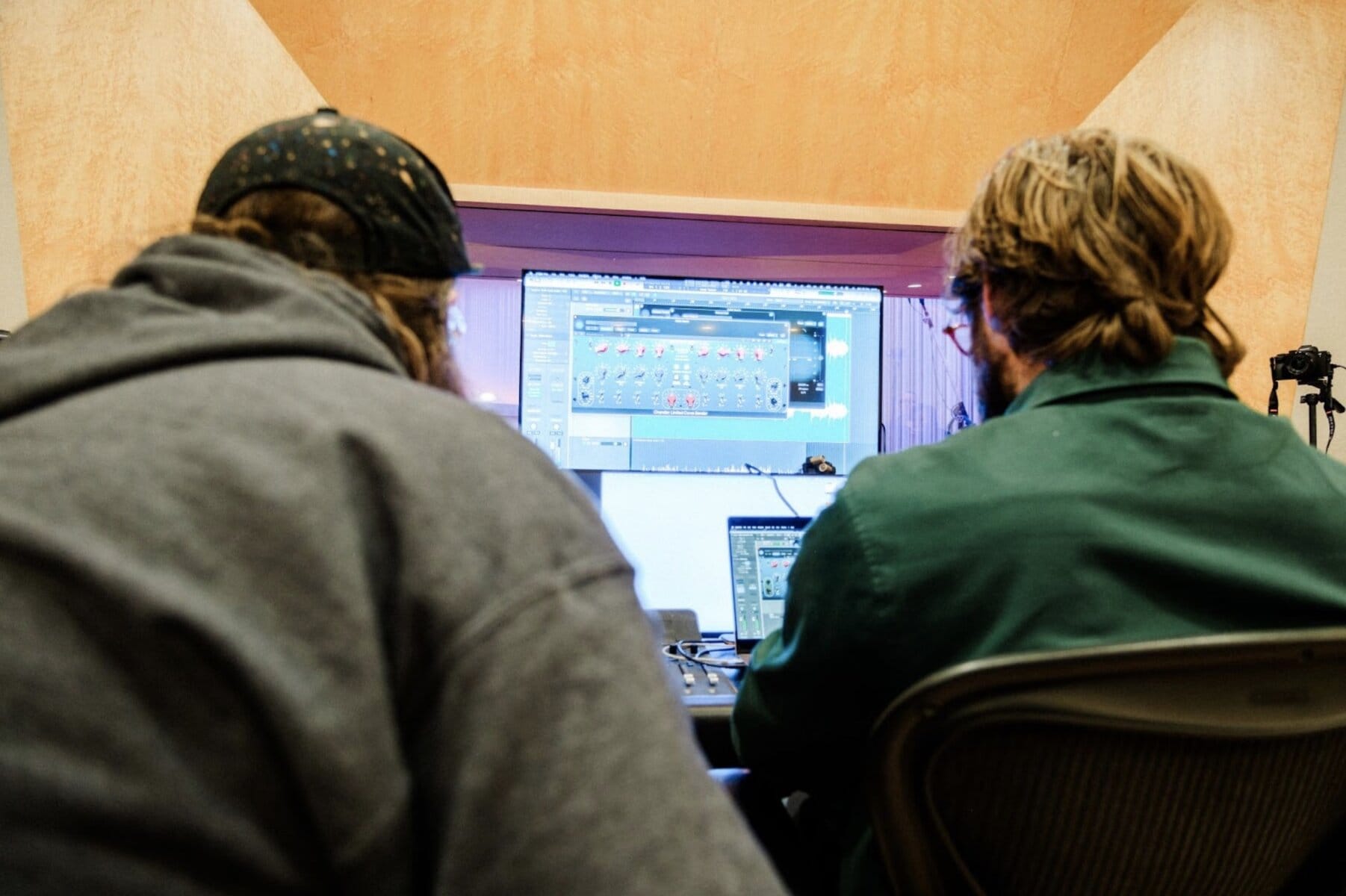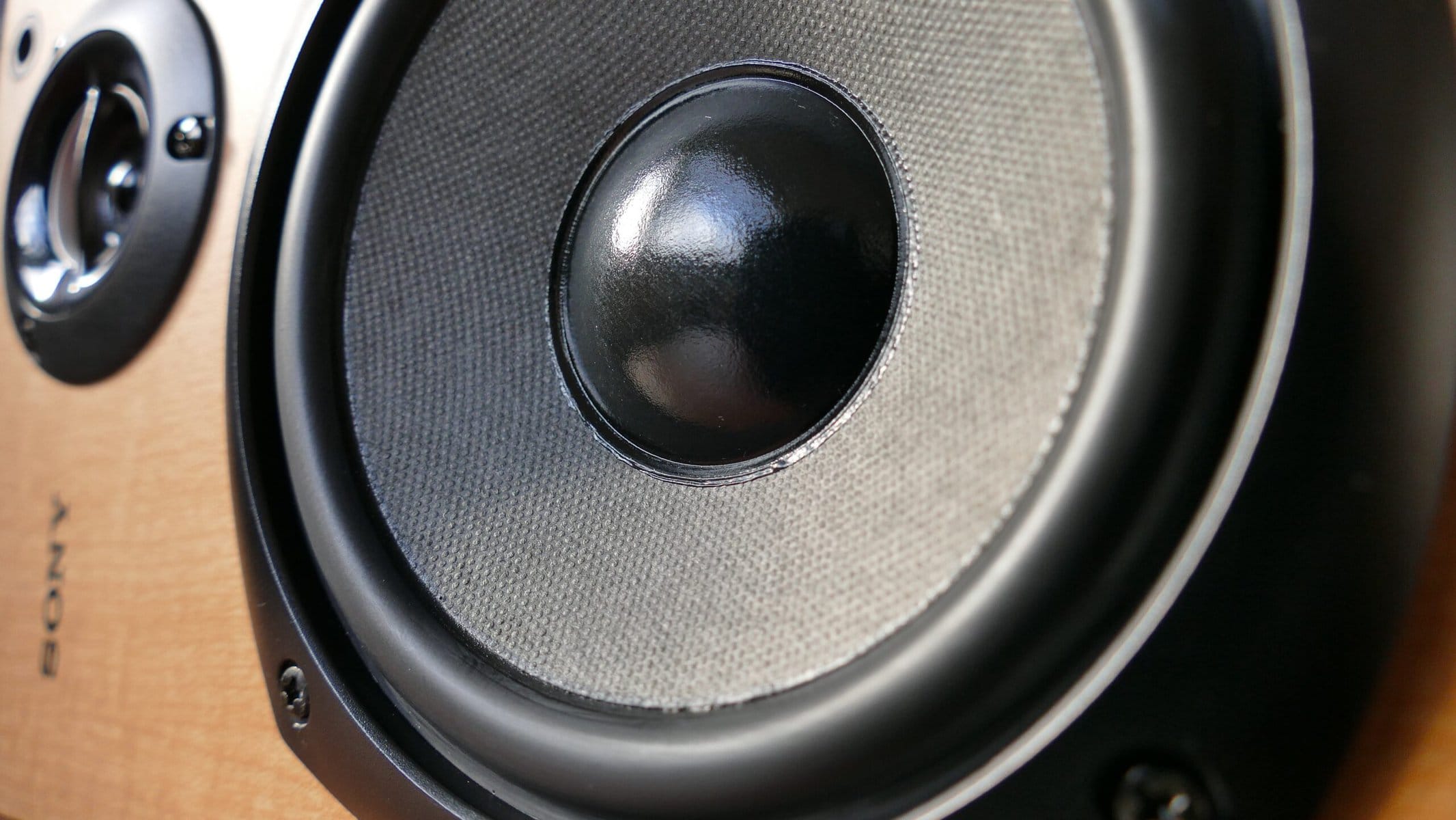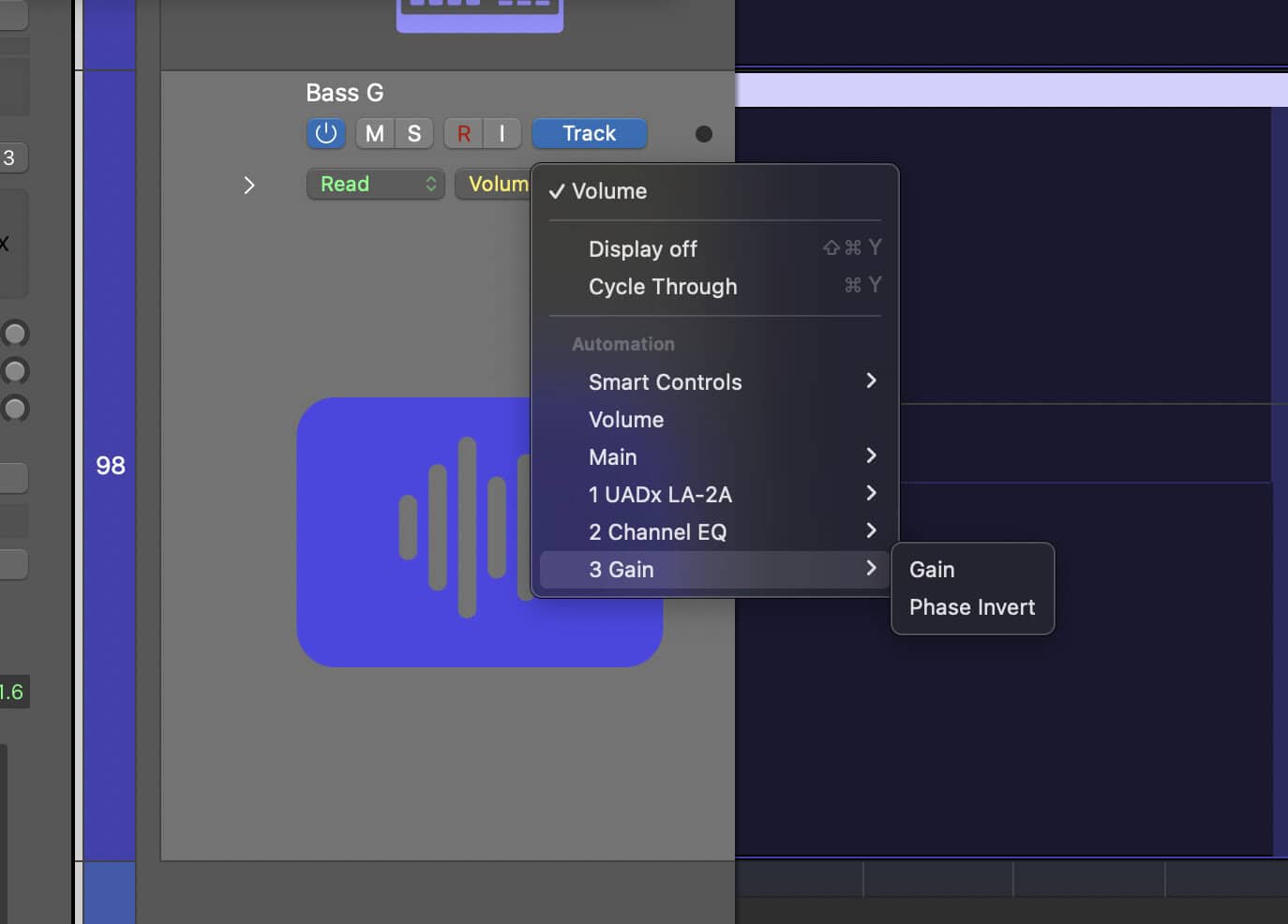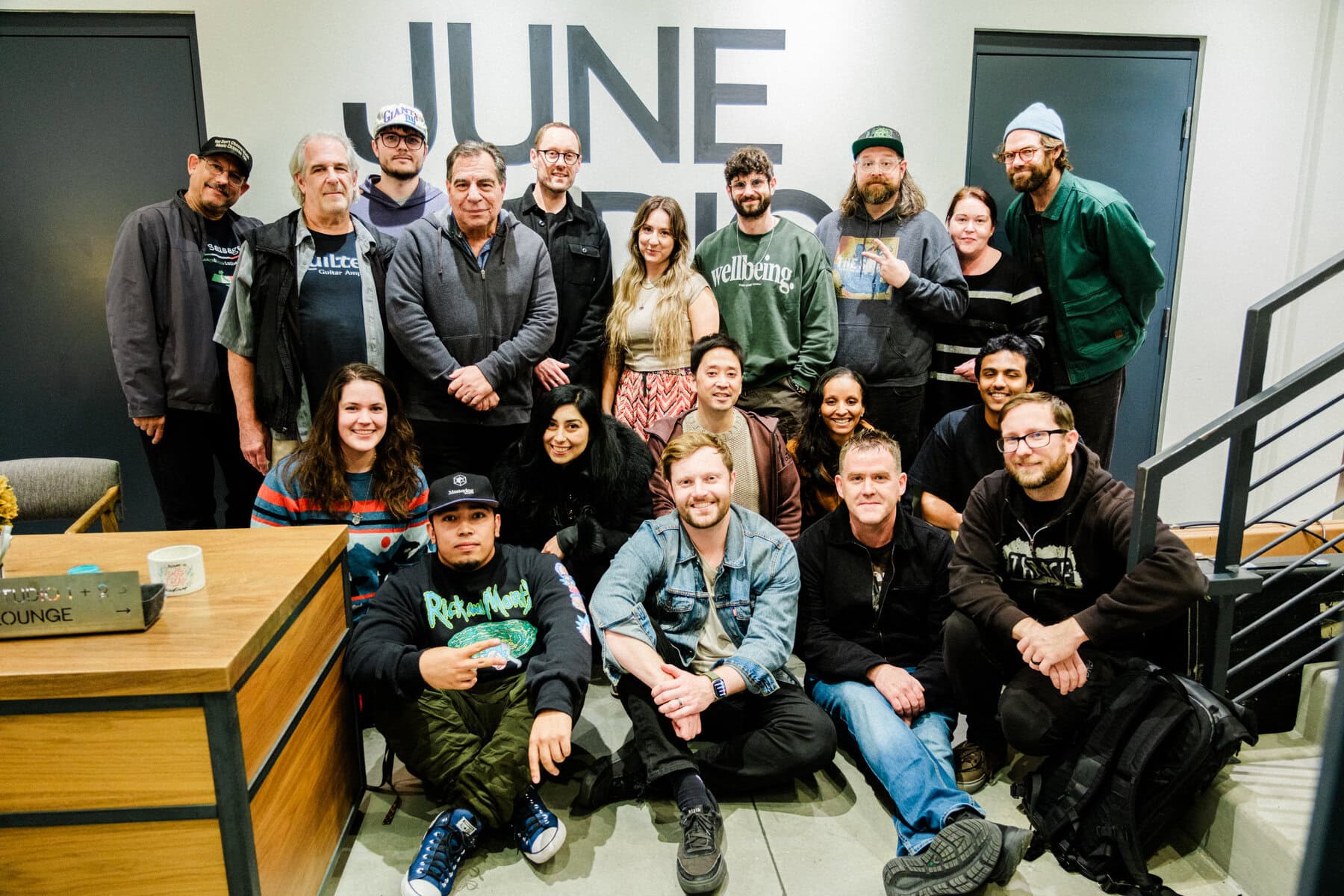3 Ways Audio Engineering is Changing
The realm of audio engineering is a vibrant and ever-changing field, constantly being shaped by technological progress and innovative ideas. As we venture into a new epoch in sound technology, several key trends are surfacing that promise to redefine the future of audio engineering. This article delves into these exciting developments, exploring the potential they hold for transforming how we create, consume, and experience audio.
 Spatial Audio: Adding a New Dimension to Sound
Spatial Audio: Adding a New Dimension to Sound
One of the most revolutionary developments in audio engineering is the advent of spatial audio. This cutting-edge technology allows for a more immersive listening experience by creating three-dimensional soundscapes. It’s a significant leap from traditional stereo sound, limited to two audio channels.
Spatial audio works by assigning individual sounds to a virtual ‘location’ in three-dimensional space, creating the illusion of sound coming from different directions. This technology is particularly relevant in the realm of virtual and augmented reality, where spatial audio can contribute to a more realistic and engaging user experience. However, its applications extend beyond just VR and AR.
Tech giants like Apple have already embraced spatial audio, introducing it with dynamic head tracking in its AirPods Pro and AirPods Max. This feature provides a theater-like audio experience for users, with the sound seeming to come from all around them, enhancing the experience of watching movies or listening to music on these devices.
One of the most compelling applications of spatial audio can be found in the gaming industry, where it’s used to create immersive and realistic soundscapes that enhance gameplay. A prime example of this is the popular video game “Fortnite,” developed by Epic Games. With spatial audio, the game’s sound design goes beyond left and right channels to create a 360-degree soundscape. This allows players to hear sounds not just from the sides, but also from above, below, in front, and behind.
 Artificial Intelligence: The Game-Changer in Music Production
Artificial Intelligence: The Game-Changer in Music Production
Artificial Intelligence (AI) is revolutionizing many industries, and audio engineering is no exception. AI’s ability to analyze and learn from vast amounts of data makes it a powerful tool in music production.
AI can be used to create new compositions, drawing on a database of musical elements to generate original pieces. It can also assist in mixing and mastering, using machine learning algorithms to optimize sound levels and balance tracks. Moreover, AI can even predict musical trends, analyzing patterns in popular music to forecast what listeners will want to hear next.
One of the leading AI tools on the market today is AIVA. AIVA is an innovative music composition tool that leverages the power of artificial intelligence to create original pieces of music. Developed in Luxembourg, AIVA has been trained on a vast classical music dataset from renowned composers such as Mozart, Beethoven, and Bach.
The AI analyzes these compositions, learning patterns, structures, and intricacies of music theory. It then uses this knowledge to compose its own unique pieces. Users can specify the piece’s mood, style, and duration, and AIVA will generate a composition to match these parameters.
What sets AIVA apart is its ability to create emotionally resonant music. In 2016, AIVA became the first virtual composer to be recognized by a music rights society (SACEM), a testament to the quality of its compositions.
AIVA’s applications extend beyond music composition. It’s also used in film, advertising, and gaming industries to create soundtracks and background music. By automating the composition process, AIVA allows creators to produce high-quality music quickly and cost-effectively.
In the realm of AI and music, AIVA stands as a testament to the creative potential of artificial intelligence, pushing the boundaries of what’s possible in music composition.
Of course, there are other AI applications for engineering. Do we need to fear them as engineers and producers? I don’t think so. Consider when the personal computer originally came out in the 90’s many people were worried it would destroy so much of the work humans do. But the computer didn’t create less work for humans, it just changed it. In fact, the economy and workforce grew substantially. These AI tools for music will open doors for more musicians to make more music. It will allow us to push the envelope of production and engineering to levels we have yet to fathom. If you are considering making a living in music it’s a great time to jump in.
 Advancements in Audio Plugins: Can Digital Out-Analog Hardware?
Advancements in Audio Plugins: Can Digital Out-Analog Hardware?
The future of audio engineering is being shaped by two key advancements: the evolution of audio plugins and the exponential growth in computing power. These developments are opening up new possibilities for audio engineers, transforming the way they work and the quality of the audio they produce.
Audio plugins, which are software components that add specific features to an audio system, are becoming more sophisticated. They can now emulate vintage hardware, create complex soundscapes, and even use artificial intelligence to assist in mixing and mastering. This allows audio engineers to achieve professional-quality sound without the need for expensive physical equipment.
Meanwhile, the surge in computing power is enabling more complex audio processing in real time. This means audio engineers can work with higher track counts, use more plugins, and handle higher-resolution audio formats without experiencing latency or system overload. You can learn more about this in detail here.
These advancements are democratizing the field of audio engineering. They are making high-quality audio production accessible to a wider range of people, from hobbyists to professional engineers working in top-tier studios. As these technologies continue to evolve, they will undoubtedly unlock new creative potential and opportunities in the world of audio engineering.
In conclusion the future of audio engineering is undoubtedly exciting, with numerous technological advancements on the horizon. As spatial audio, AI, and software and computer advancements, continue to develop, they will undoubtedly reshape the audio landscape, offering new possibilities for creators and enhanced experiences for listeners. As audio engineers, it’s essential to stay abreast of these trends and understand how they can be harnessed to push the boundaries of what’s possible in audio production and engineering.
Do This Before You Buy an AI Mastering Plugin…
If you want to learn the modern way to master music visit our home page to learn more about becoming a professionally-trained mastering engineer.

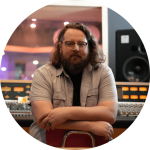
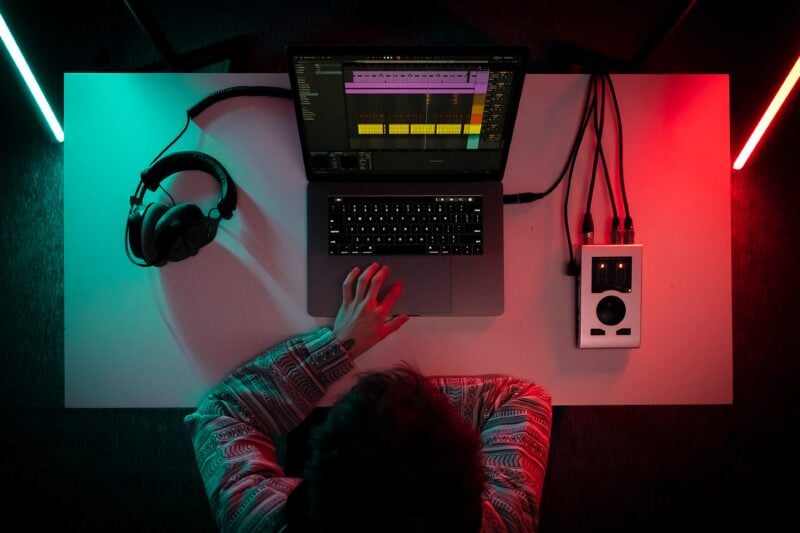
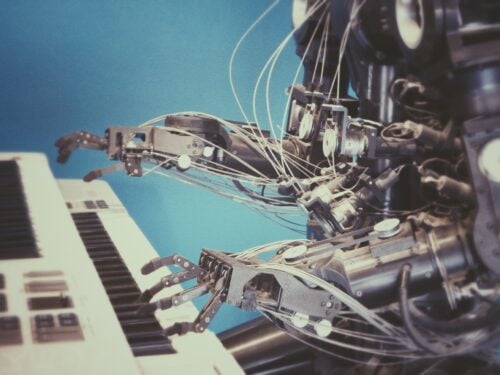 Artificial Intelligence: The Game-Changer in Music Production
Artificial Intelligence: The Game-Changer in Music Production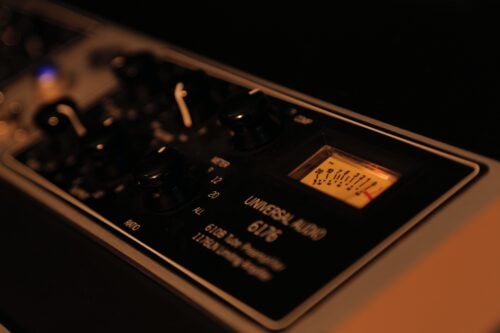 Advancements in Audio Plugins: Can Digital Out-Analog Hardware?
Advancements in Audio Plugins: Can Digital Out-Analog Hardware?